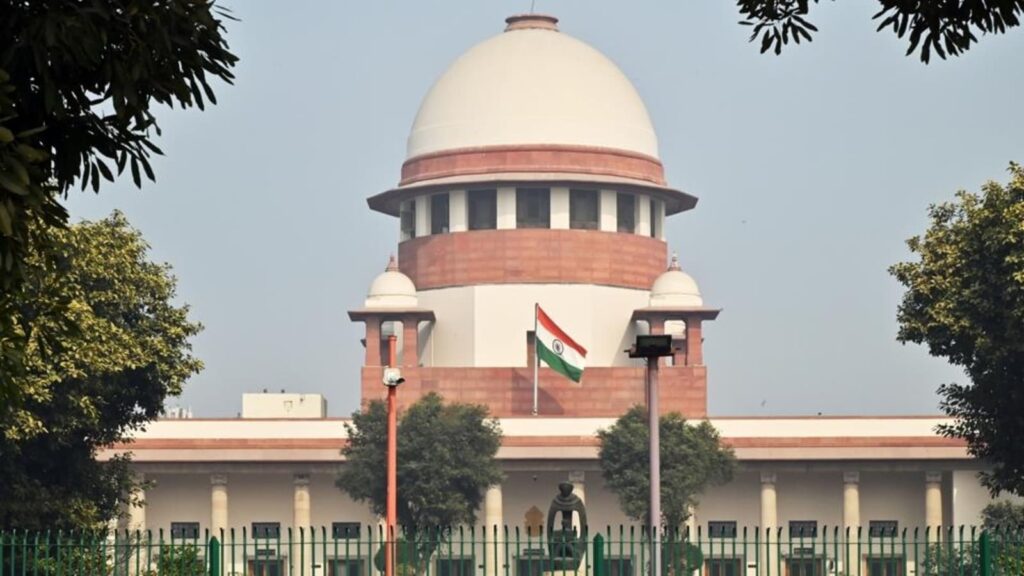The decision of the Supreme Court collegium late on Wednesday to recall the name of justice S Muralidhar after the government sat on the recommendation to appoint him as the chief justice of the Madras high court for nearly seven months underlines a disquieting trend of breakdown of communication between two pillars of India’s democracy. That this came on the same day justice Sabina retired as the acting chief justice of Himachal Pradesh without the Centre honouring the collegium’s recommendation to elevate her as the top judge of the state (another clutch of collegium picks for the Manipur, Calcutta and Madras high courts are also pending) shows that this is not a one-off showdown but the new normal. The Centre appears to have taken refuge in the fact that there is no timeline for the appointment of judges, which means there is no deadline for the government to act, effectively creating the conditions of a pocket veto. That this comes after a period of public disagreements between the law ministry and the higher judiciary has fuelled the perception of acrimony between the two institutions, and doesn’t bode well for the functioning of democracy.
The government is an active and concerned stakeholder in the process of picking judges. But the current process needs more transparency at every stage, including on the objections potentially raised against a name picked by the collegium. In a tussle between the government and the judiciary, no one is the winner. The executive and the judiciary need to come together and work out a way forward from this impasse.

